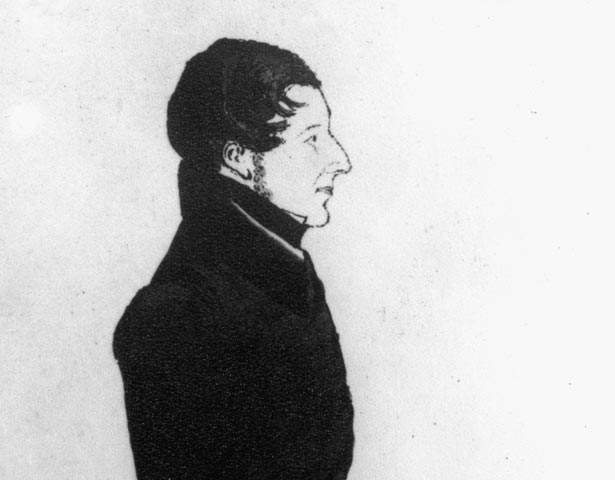
Colonel William Wakefield was one of the earliest European settlers at Port Nicholson (Wellington), where he served as the New Zealand Company’s Principal Agent between 1840 and 1848.
Born in 1803, the young Wakefield and his older brother Edward Gibbon Wakefield were implicated in the abduction of 15-year-old heiress Ellen Turner, a crime for which both men served three years in prison. After his release William became a soldier of fortune in Portugal and Spain, before returning to England in the late 1830s to the offer of employment in the New Zealand Company. The company, founded by his brother, promoted the systematic colonisation of New Zealand, and William was appointed to lead the first ship and settlement.
William Wakefield sailed from Plymouth on the Tory, which anchored off Petone beach on 20 September 1839. William negotiated the purchase from local Māori of land which the Company would then on-sell to prospective settlers. New Zealand Company immigrant ships began arriving in early 1840, by which time Wakefield incorrectly assumed he had acquired large tracts of land on both sides of the Cook Strait. Throughout the 1840s Wakefield attempted to prove the legitimacy of these purchases, and repeatedly suggested that Wellington replace Auckland as New Zealand’s capital – which finally came to pass in 1865.
As Principal Agent, Wakefield also supervised the Company’s settlements in Nelson, Whanganui and New Plymouth, and took steps to acquire land for the settlement of Dunedin. Surrounded by a growing body of settlers who were discontented because of delays in receiving their land, Wakefield was renowned for steering a sensible middle course and avoiding being drawn into conflict. However, he bore some responsibility for the tragic Wairau incident, because he knew his claim to have purchased the district had been challenged by local Māori. And he strayed from the path of moderation again in 1847, when he was involved in a duel with Dr Isaac Featherston. Wakefield died of apoplexy in 1848, and his friends later erected a memorial to him (now situated in the Basin Reserve) to honour his contribution to the founding of Wellington.
By Matthew Tonks
Further information:
How to cite this page
'William Wakefield', URL: https://nzhistory.govt.nz/people/william-wakefield, (Ministry for Culture and Heritage), updated 23-Oct-2014



Community contributions